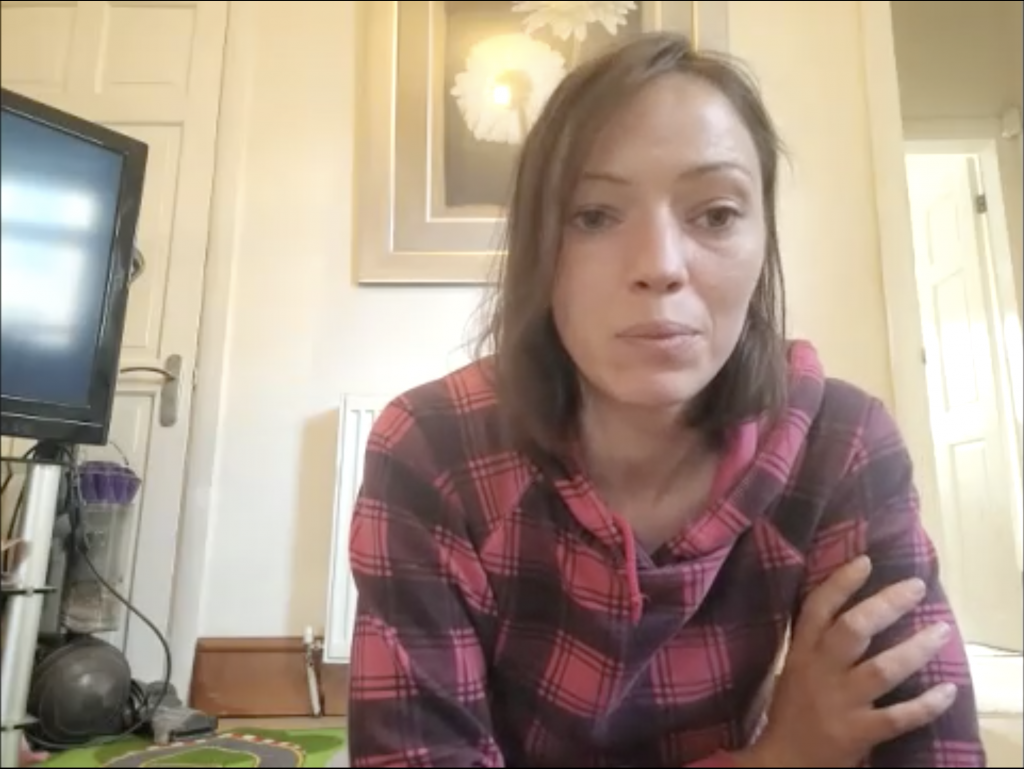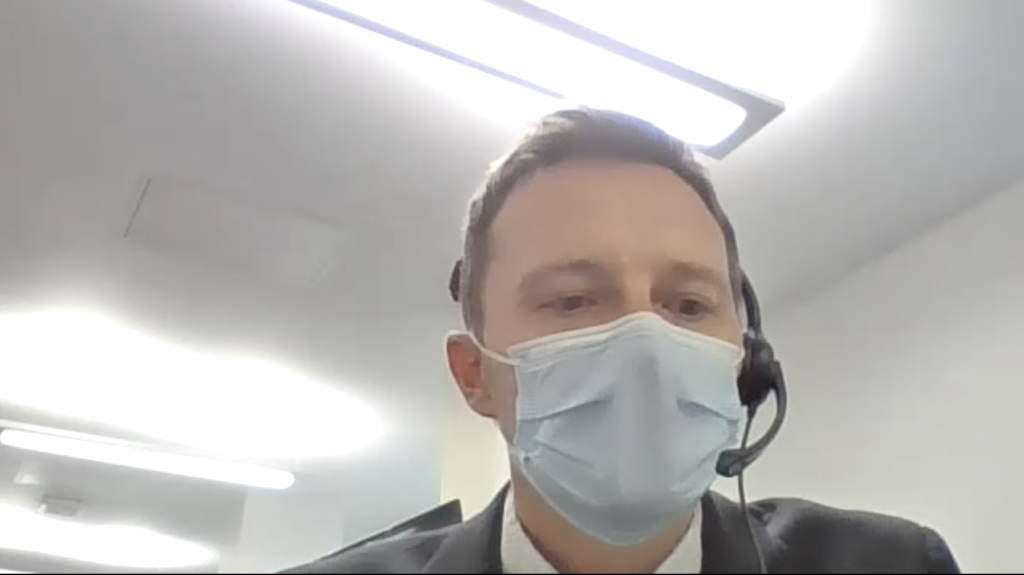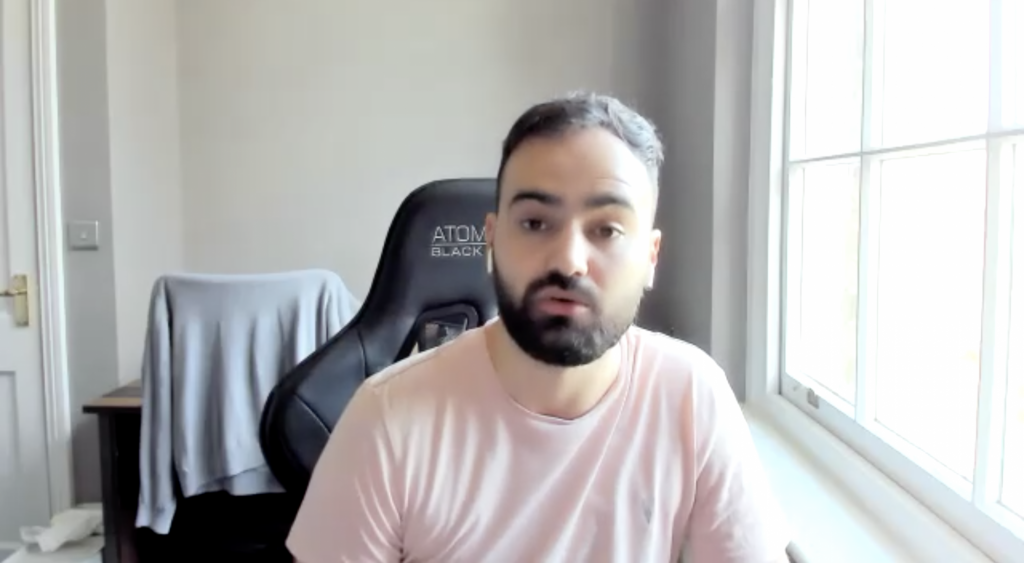
A Salford woman is in more than £60,000 worth of debt to gambling addiction without ever setting foot in a casino or betting shop.
Rachel began gambling in 2016 aged 30, but by 2019 she was addicted to online casino games. She is one of the roughly 2,250,000 (4.0% of the population) in England who are classified as problem gamblers or “at risk” of developing a serious problem.
“I can’t remember any big wins, I don’t think I broke even at any point,” Rachel said.
In that three year period she stole £48,000 from her former employers to fund her addiction, as well as accumulating £18,000 of personal debt.
She is pleading guilty in court to two counts of fraud in relation to the money she stole.
Her route into gambling was through ‘matched betting’, the process of betting on one thing then placing a ‘back bet’ on the other possible outcomes.
According to Rachel, doing this on just one website may earn you £10 in profit; however, the problem is that creating new accounts with other companies gives you ‘free bets’ and ‘bonuses’ that allow you to do this on a much larger scale.
She cited one website, which she did not want to name so that others could not find it, that helped her get into gambling.
However, she was quickly being targeted by offers of free spins and bonuses on casino games. While matched betting may work to earn small wins on free bets, casino games are set up to ensure you can’t win.
Gambling companies identified Rachel as a player who played repeatedly, and that’s why they targeted her with free bets.
Matt Gaskell, clinical lead of the Northern Gambling Service run by the NHS, says that free bets are one of a number of measures the Government will look at in the ongoing review into the gambling legislation.

“One of the very disturbing things that we’ve observed the gambling industry do is using the data that they have available to focus forensically on individuals
in order to get them to gamble more frequently; and those who are gambling more frequently to make them gamble more intensively.
“With any normal business, you would see that as normal practice. But if you apply those principles to gambling within a harmful modern, commercial gambling environment; that is a recipe for disaster, it’s a recipe for harm and it’s a recipe for death.”
Fast forward to the present day, and Rachel has not gambled for two years.
She signed up to Gamstop, an industry-wide service that allows users to self-exclude from gambling.
“I couldn’t gamble if I wanted to”, she said. “I’ll never even by a scratch card again, I won’t even put the lottery on. Nothing.”
Rachel revealed that she suffers with depression, and that her experiences in the last five years led her to attempting to commit suicide on three separate occasions.
The Northern Gambling Service opened a centre at Salford Quays in March 2020. The service covers the whole of the North West.
“It’s crucial people know where they can access support if they need it,” Gaskell said. “That’s precisely why we are where we are, we’re here to help people no matter what level of distress they feel that they’re in.
“We’ve got the skills and the specialisms to deal with people if gambling is their only problem, or to help people if gambling is one of their problems or if they’re feeling suicidal for example.
“No matter what gender, what age, we’re here to support and serve the local community.”
Now Rachel is getting herself back on her feet, she says one day she might become a part of the lived experience campaigning network.
However, it is not just online gambling that causes harm and addiction as it was for Rachel.
According to the Salford City Council website, there are 43 active premise licenses operating under the Gambling Act 2005. There are 33 betting shops, six adult gaming centres, three bingo halls and two casinos in the city.
21 of these active premises are Betfred stores, the bookmakers which originated in the city in the 1960s.

Matt Zarb-Cousin, a lived experience gambling campaigner, says – with a chuckle – that he is unsurprised at that figure given the connection between Salford and Betfred. However, he explained that the local authority and the Gambling Commission are in a difficult position when it comes to licensing new shops.
“The problem that local authorities have is that the legislation requires them to aim to permit licenses, and it’s not very difficult to object to a premise license application.
“You have to demonstrate that it is going to be in breach of the licensing objectives of the Gambling Act which are that gambling should be fair and open, not associated with crime and can’t harm the young and vulnerable. It’s very difficult to prove those things for a shop or premises that hasn’t opened yet.”
He says that it is a problem with the legislation that it aims to permit new licenses. However, he adds that the betting shops being licensed now are in response to successful campaigns for safer gambling.
“When you see the proliferation of betting shops, a lot of that was driven by fixed odds betting terminals, and the limit of four per shop.
“These machines obviously used to have a stake of £100 a spin and were massively lucrative, generating about £2 billion of gross gambling yield, the most lucrative gambling, and now obviously that’s £2 a spin.
“But what you still have is this residual clustering of betting shops, the operators were opening new premises just to circumvent that limit of 4 machines.”
Zarb-Cousin is the director of Clean Up Gambling and the Coalition Against Gambling Ads, as well as co-founder of Gamban. He is heavily involved in the lived experience community, and his campaigning has forced changes.
Despite campaigns pushing for fairer legislation, there is still a feeling currently that poorer areas are being targeted more.
Zarb-Cousin said: “It’s making poor areas, deprived areas, even poorer.
“There’s lots of negative economic effects from it. You have very few jobs that are created, proportionate to the amount of money that is lost. That money doesn’t stay in the local economy, it gets sucked out.
“The gambling industry and bookmakers used to say ‘we go where there is the demand and there is the footfall’. Well, the demand may well be in deprived areas but that doesn’t mean it’s right.”
And his strongest word of advice is that you can’t beat the bookies.
“First of all, you can’t win in the long term gambling on slots and roulette or casino games. It’s mathematically impossible.
“If you did manage to get a consistent edge over a betting operator, betting on racing or sports then you would have your account closed or restricted.
“So if you’re gambling to win then that’s not the reason to do it because they won’t let that happen.”
Campaigners are fighting for reform on many fronts. They want to reduce gambling advertisements in sport, tackle free bets being offered to those at risk of harm, and next month a new white paper is expected to update the Gambling Act 2005 legislation.
Recognising gambling addiction is tough, it is known as the ‘hidden addiction’, and it is not an exact science. If you, or anyone you know, is affected by these issues, the following places are available to help.
GamCare – 0808 8020 133 NHS Northern Gambling Service – 0300 3001490 or referral.ngs@nhs.net
 style=”margin: 0; padding: 0; font-family: Lato, Helvetica, Arial, sans-serif; font-weight: 600; font-size: 16px”>Loading…
style=”margin: 0; padding: 0; font-family: Lato, Helvetica, Arial, sans-serif; font-weight: 600; font-size: 16px”>Loading…














Recent Comments